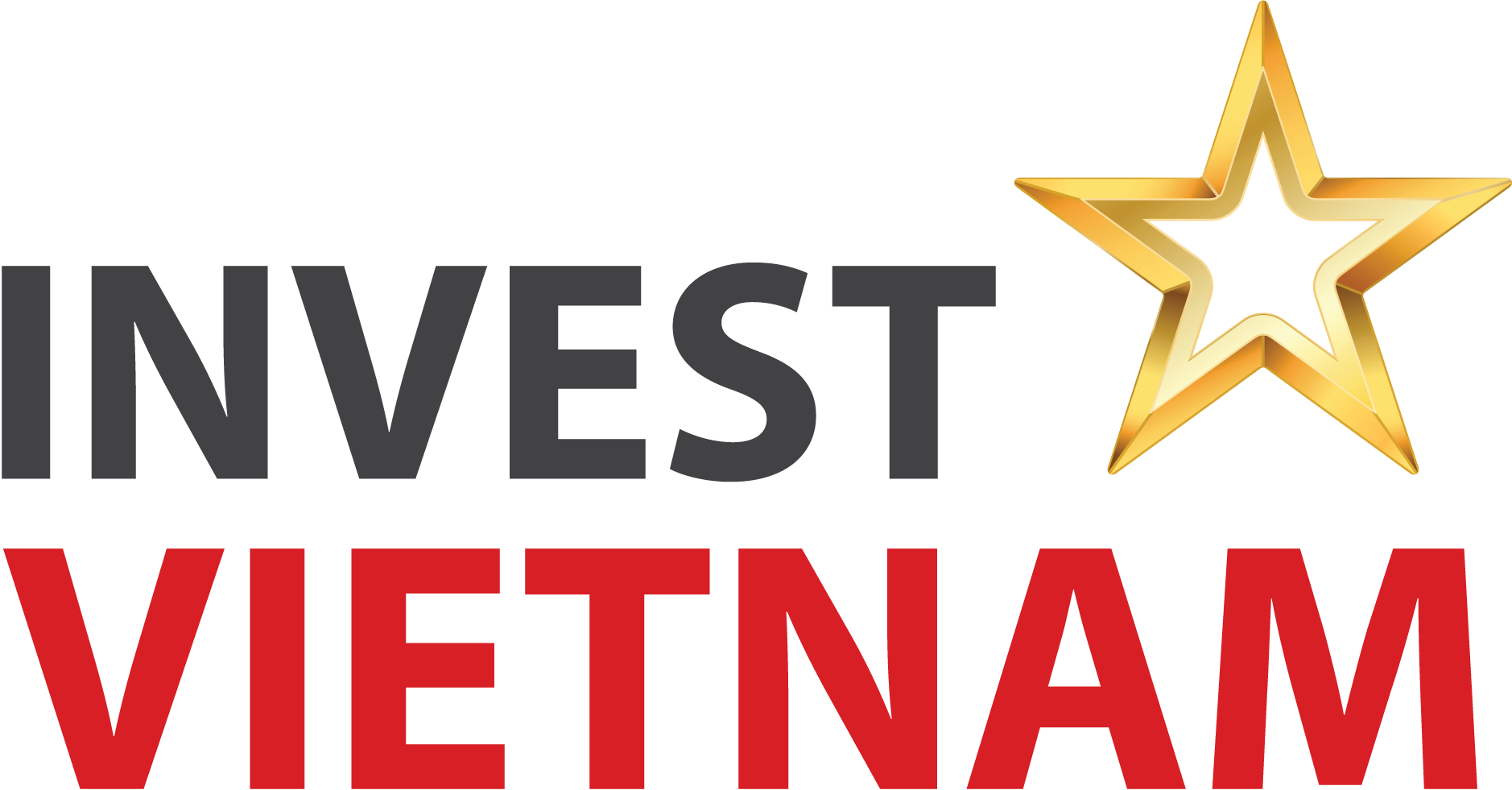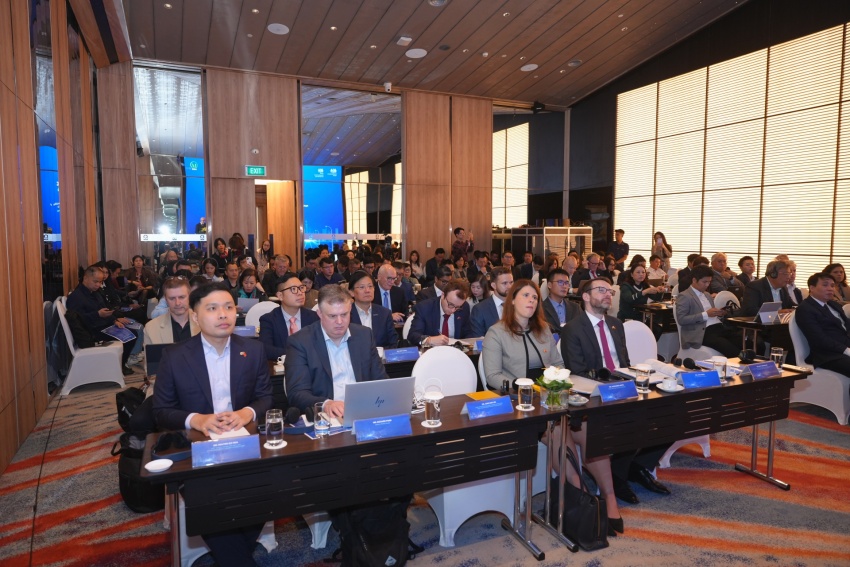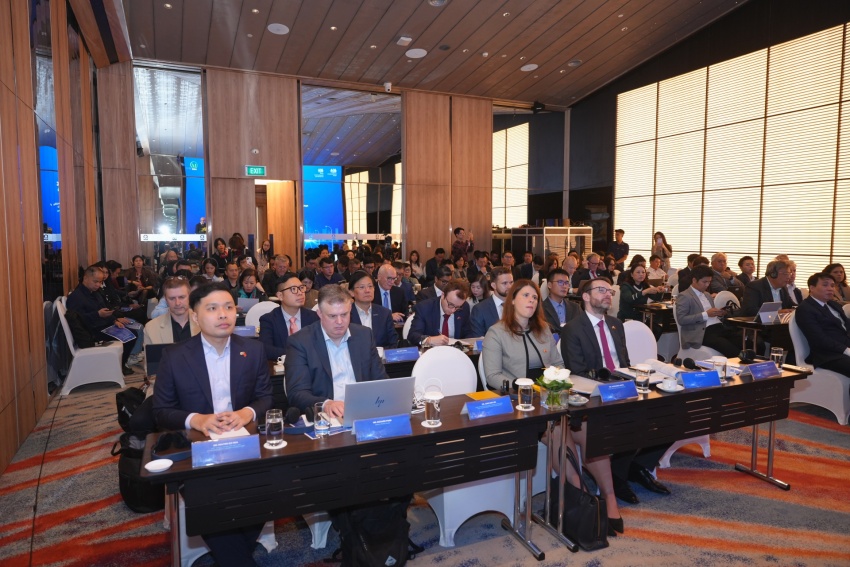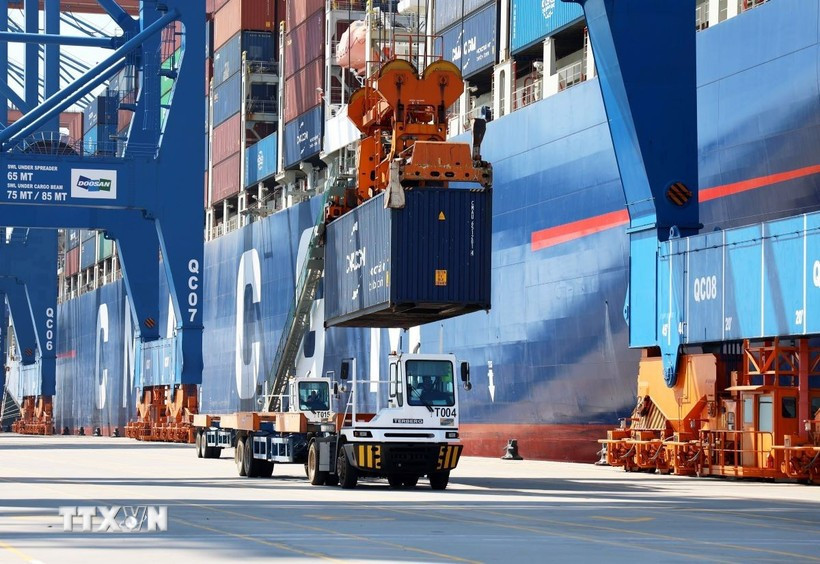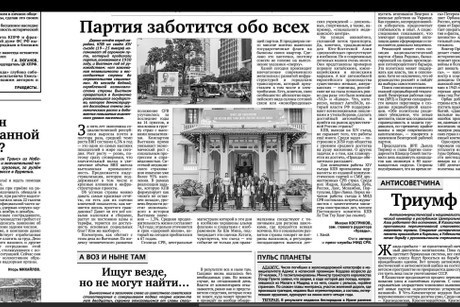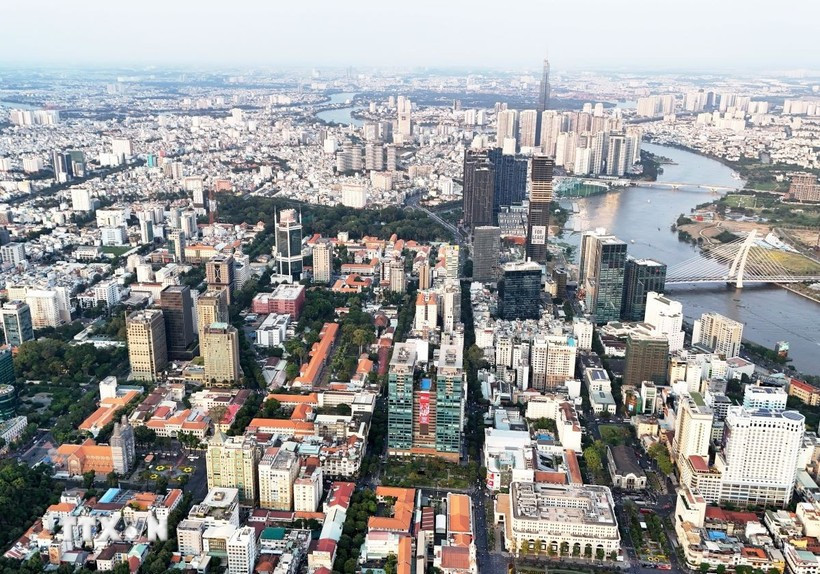German firms focus on green investment
The German business community in Vietnam is focusing on the development of green energy solutions as Vietnam and the world increasingly shift towards sustainable practices.
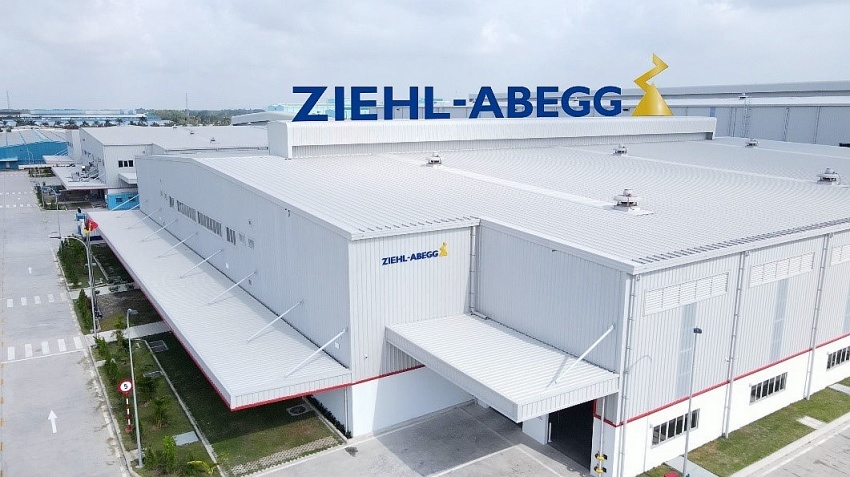
Ziehl-Abegg, a manufacturer of ventilation and air conditioning systems, as well as drive technology for elevators and motors, inaugurated a new production facility in the southern province of Dong Nai in June.
This $20-million plant is expected to play a crucial role in the company’s global supply chain, leveraging Vietnam’s skilled workforce and favourable production conditions. The facility will focus on producing advanced ventilation systems and electric drives, catering to both domestic and international markets.
Kärcher, renowned worldwide for its innovative cleaning solutions, opened a new production plant at Tam Hiep Port Logistics Industrial Park in the central province of Quang Nam in early July. This facility, with a total investment of over VND500 billion ($19.7 million), includes a 13,500 square-metre (sq.m) factory and 1,600sq.m of office space.
This expansion is part of Kärcher’s broader strategy to meet the growing demand for its products in Asia.. By establishing a significant presence in Vietnam, Kärcher aims to capitalise on the country’s strategic location, improving industrial infrastructure, and burgeoning consumer market.
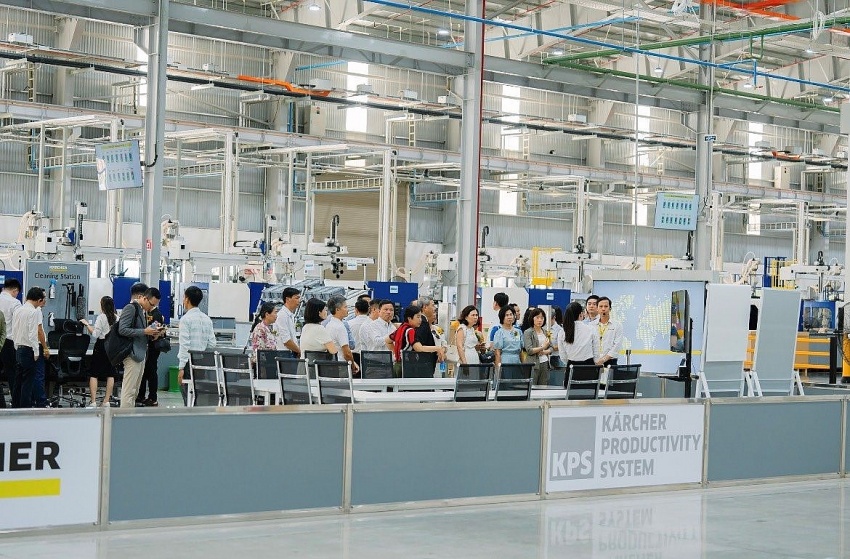
Inside the Kärcher factory in Quang Nam province
According to the German Business Association in Vietnam (GBA), its commitment to green investment aims to entice eco-friendly overseas investment to Ho Chi Minh City and promote the adoption of energy-efficient technologies. By encouraging businesses to invest in green energy solutions, the GBA seeks to reduce Vietnam’s carbon footprint and contribute to global efforts to combat climate change.
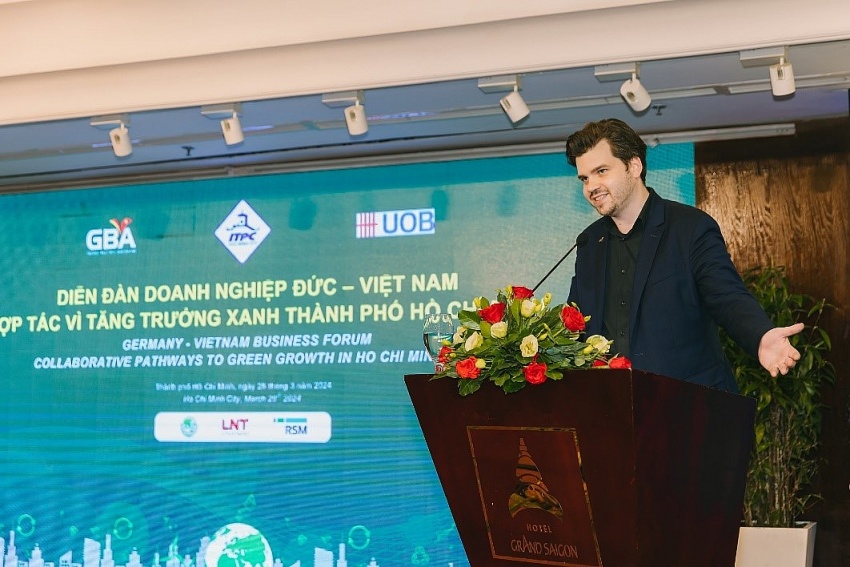
Alexander Ziehe, chairman, GBA Vietnam
GBA members have been involved in future-minded actions such as optimising green energy production to enhance the efficiency of foreign-funded projects, and developing renewable energy projects that ensure long-term energy security and sustainability. These projects include the development of solar, wind, and biomass energy, which have the potential to transform Vietnam’s energy landscape.
"Our commitment to green energy is unwavering," said Alexander Ziehe, chairman, GBA Vietnam. "We believe that sustainable investments are key to long-term economic growth and environmental protection. By working together with local and international partners, we can create a greener and more prosperous future for Vietnam."
The main challenges faced by German businesses in Vietnam include post-investment administrative procedures, infrastructure connectivity, and transparency in preferential policy frameworks.
"Vietnam offers significant opportunities, but navigating the regulatory landscape can be complex," said Ziehe. "We are committed to working with local authorities to simplify processes and create a more transparent environment for foreign investors."
Regulatory complexities often pose significant challenges for foreign businesses looking to invest in Vietnam. The country’s regulatory landscape is evolving, and businesses must stay abreast of the latest changes to ensure compliance. Navigating these complexities requires an in-depth understanding of local laws and regulations, which can be a daunting task for foreign investors.
Infrastructure bottlenecks also pose a challenge to the smooth operation of businesses in Vietnam. While the country has made significant strides in improving its infrastructure, there are still areas that require attention, including logistics and transportation networks.
According to the GBA, Vietnam’s strategic importance in Asia continues to grow, but the journey is not without its hurdles.
First and foremost, Vietnam’s economy has demonstrated remarkable resilience and growth recently. Despite global economic uncertainties, Vietnam has managed to maintain a stable and robust economic performance.
This resilience is attributed to the country’s diversified economy, strong export sector, and prudent economic policies. This is a crucial consideration for foreign investors, particularly those businesses unfamiliar with the Vietnamese market.
"Vietnam’s potential is immense, but it is crucial that we navigate the challenges effectively," said Ziehe. "The GBA is dedicated to supporting German businesses every step of the way, ensuring they can thrive in this promising market."
Furthermore, Vietnam’s young and dynamic workforce is a significant asset for businesses looking to invest in the region. According to Ziehe, the country boasts a large pool of skilled and educated workers, providing a competitive advantage for industries that rely on human capital.
The GBA’s ongoing initiatives and partnerships aim to capitalise on these strengths, fostering a robust economic relationship between Germany and Vietnam. By promoting bilateral trade and investment, the GBA seeks to create opportunities for businesses to thrive and contribute to the economic development of both countries.
By Bich Thuy
Source: VIR
Original link